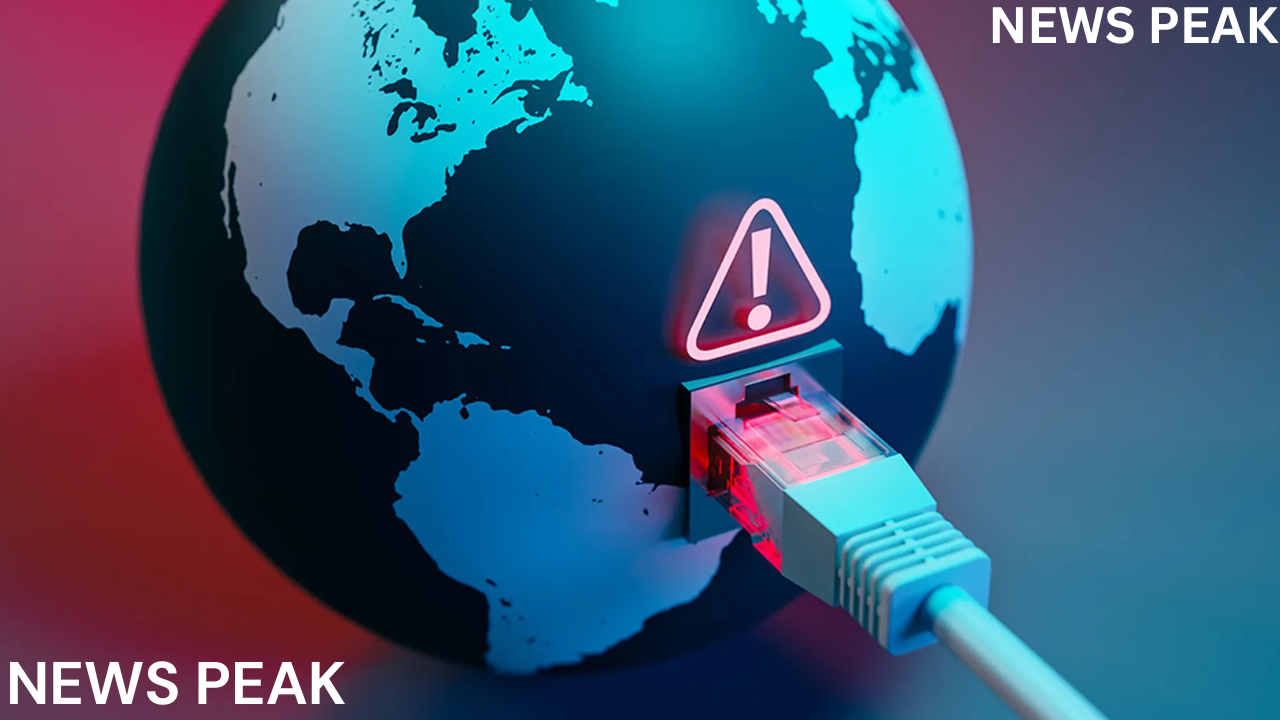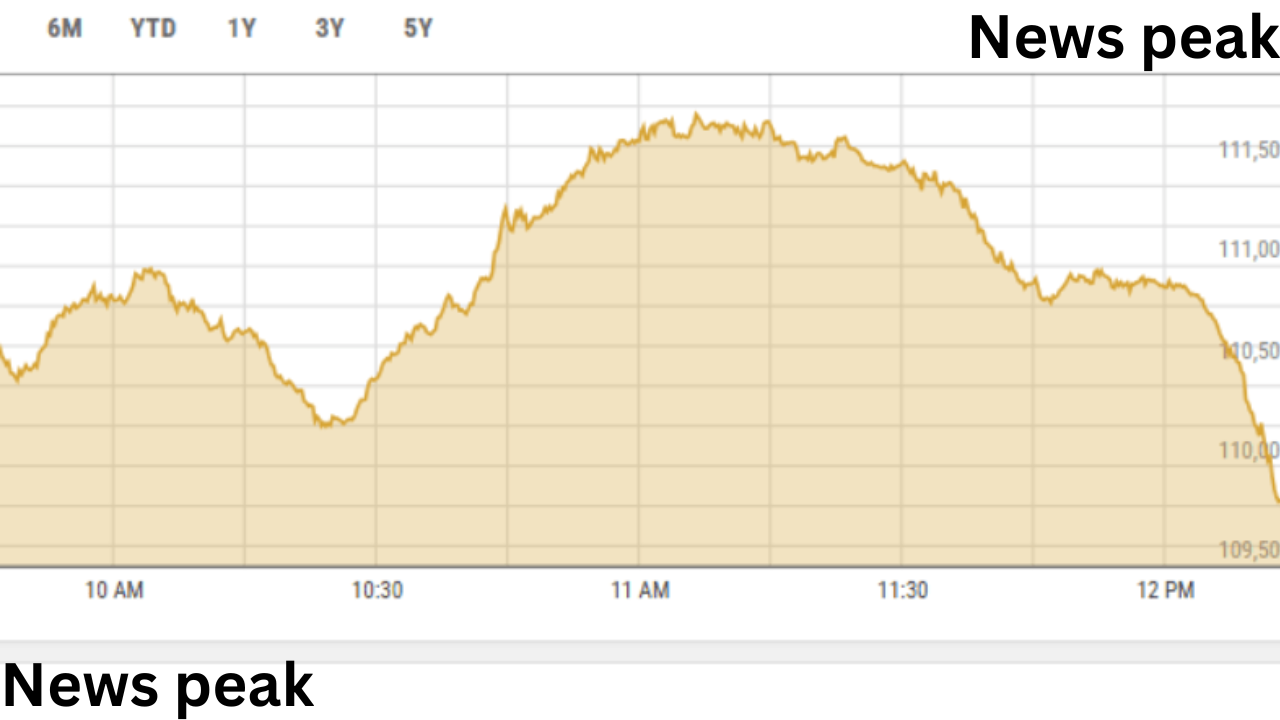
Pakistan’s largest conglomerate Engro Corp, through its strategic partnership with Veon, is eyeing expanding telecom tower-sharing coverage in Pakistan and exploring different use cases in telecom infrastructure.
“Pakistan is a very large market in terms of telecom, and it continues to grow,” Samad Dawood, vice chairman of Dawood Hercules Corp, which owns 40% of Engro Corp, told Reuters.
“This infrastructure business, with scale, allows us to better use telecom infrastructure in Pakistan and eventually serve international markets,” said Dawood, naming countries ranging from “the Atlantic coast of Morocco all the way to Central Asian states” as possible customers.
Engro and Veon, a Dutch telecommunications and digital services business, unveiled plans last week to pool and manage infrastructure assets in Pakistan.
The businesses intend to expand tower-sharing coverage to other operators while also exploring new use cases, such as electronic vehicle charging and drone landing.
Under the terms of the collaboration, Engro will pay $188 million to Jazz, Veon’s digital operator in Pakistan, and will guarantee the repayment of Deodar’s $375 million intercompany debt.
This is subject to corporate and regulatory approval.
In 2021, Veon completed the $273 million acquisition of its 15% minority investment in its telecom venture PMCL from the UAE-based Dhabi company in Jazz Pakistan.
According to Topline Securities, Deodar, which is owned by Veon, has a total tower count of 10,500 in Pakistan, whereas Engro Enfrashare has 4,063 towers.
Earlier this year, Engro’s Dawood stated that restructuring will allow the company to capitalize on larger economic prospects, citing a hard macroeconomic environment as the rationale for the restructuring.
Pakistan is negotiating a difficult economic recovery route, having completed a $3 billion International Monetary Fund (IMF) bailout in April and is now implementing a $7 billion 37-month bailout agreed in September to ensure macroeconomic stability.
However, Dawood claims that things have changed, resulting in Engro’s largest deal in Pakistani rupee terms.
“The actions taken in Pakistan over the last few quarters, along with hard decisions for macroeconomic stability, have led to this deal,” he said, adding that dropping interest rates and inflation, as well as Pakistan’s ongoing IMF program, have also contributed.”
Pakistan cut interest rates to 15 percent in November, down from a record high of 22 percent earlier this year. Inflation fell to 4.9 percent in November, from a multi-decade high of nearly 40 percent in 2023.
The upcoming macroeconomic stability and the IMF’s seal of approval have had a significant impact on international financiers’ perception of Pakistan as an investable market, Dawood added.
Follow Dawn Business on Twitter, LinkedIn, Instagram, and Facebook for updates on business, finance, and technology in Pakistan and across the world.








